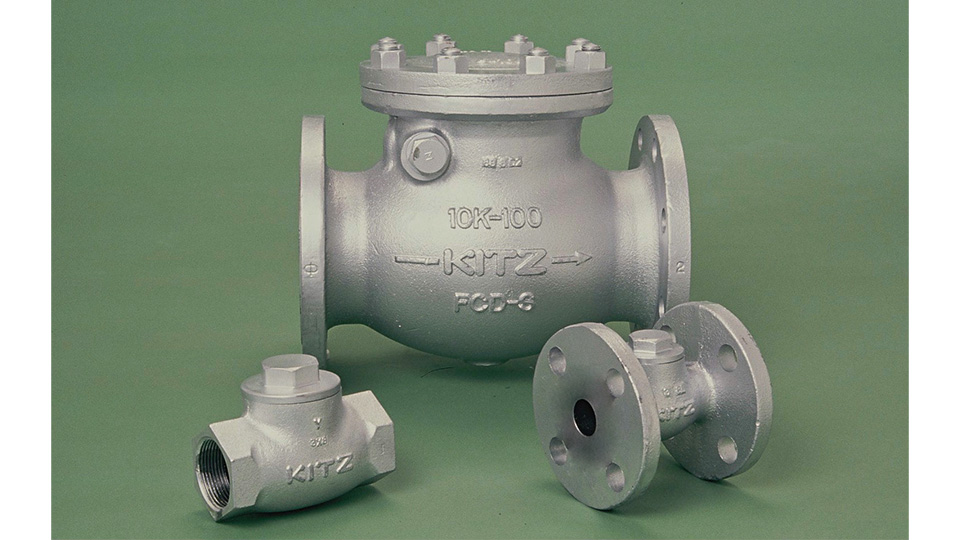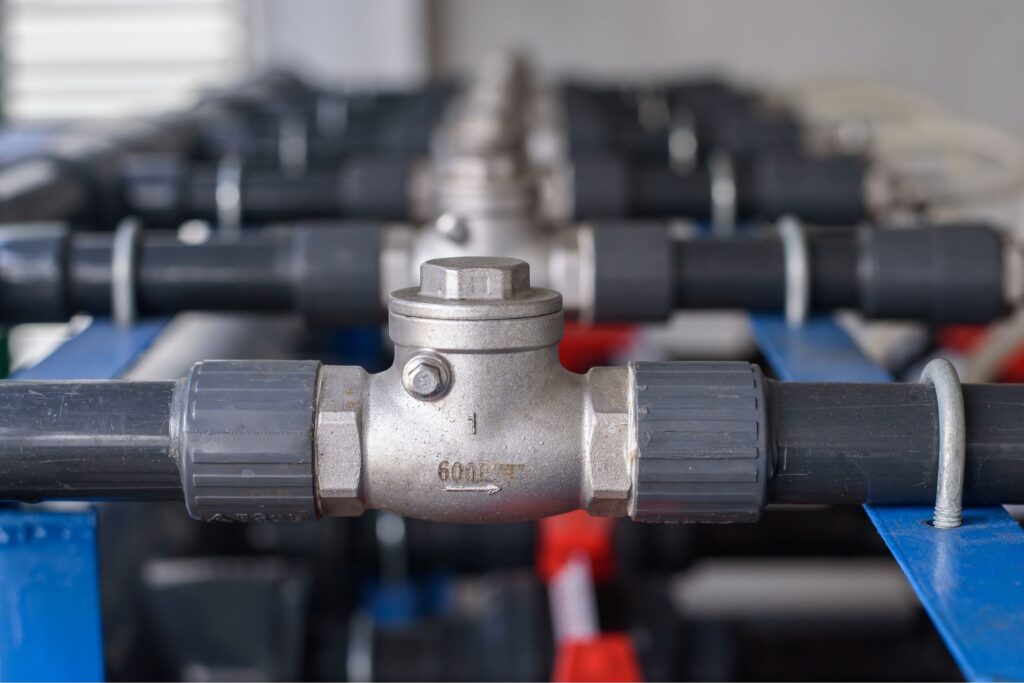In the world of plumbing, a check valve plays a crucial role in maintaining the smooth and efficient flow of fluids. This article will explore the importance of check valve plumbing and how it benefits various systems. From preventing backflow to ensuring safety and reliability, check valve plumbing is a vital component in any plumbing setup.
Understanding Check Valve Plumbing
A check valve, also known as a non-return valve, allows fluid to flow in only one direction. It automatically opens when the fluid flows in the desired direction and closes to prevent backflow. Check valves are commonly used in plumbing systems, including water supply lines, sewer lines, and irrigation systems. They are designed to minimize pressure loss and prevent damage to equipment by preventing reverse flow.

Benefits of Check Valve Plumbing
- Prevents Backflow: Check valve plumbing to ensure that fluids flow in one direction, preventing any backflow. This is especially important in sewage systems, where the reversal of flow can lead to contamination and damage.
- Protects Equipment: By preventing reverse flow, check valves protect pumps, compressors, and other equipment from damage. This helps to prolong their lifespan and reduce maintenance costs.
- Maintains System Efficiency: Check valve plumbing helps to maintain system efficiency by preventing pressure loss and maintaining a consistent flow rate. This is crucial in applications such as water supply lines, where consistent pressure is essential.
- Ensures Safety: Check valves help to prevent the mixing of different fluids, which could be hazardous. For example, in chemical processing plants, check valve plumbing prevents the mixing of incompatible chemicals, reducing the risk of accidents and ensuring worker safety.
Examples of Check Valve Plumbing Applications
- Water Supply Systems: Check valves are used in water supply systems to prevent water from flowing backward and contaminating the clean water supply.
- Irrigation Systems: Check valves are essential in irrigation systems to maintain water flow in one direction and prevent damage to pumps and sprinklers.
- HVAC Systems: Check valves are installed in HVAC systems to prevent the backflow of refrigerant, ensuring efficient cooling or heating.

Conclusion
Check valve plumbing is an integral part of any plumbing system, ensuring smooth and efficient flow. By preventing backflow and protecting equipment, check valves contribute to the overall performance and reliability of various systems. Whether it is in water supply lines, sewer systems, or irrigation setups, check valve plumbing plays a crucial role in maintaining safety, efficiency, and functionality. Invest in high-quality check valves and ensure proper installation to enjoy the benefits they provide.